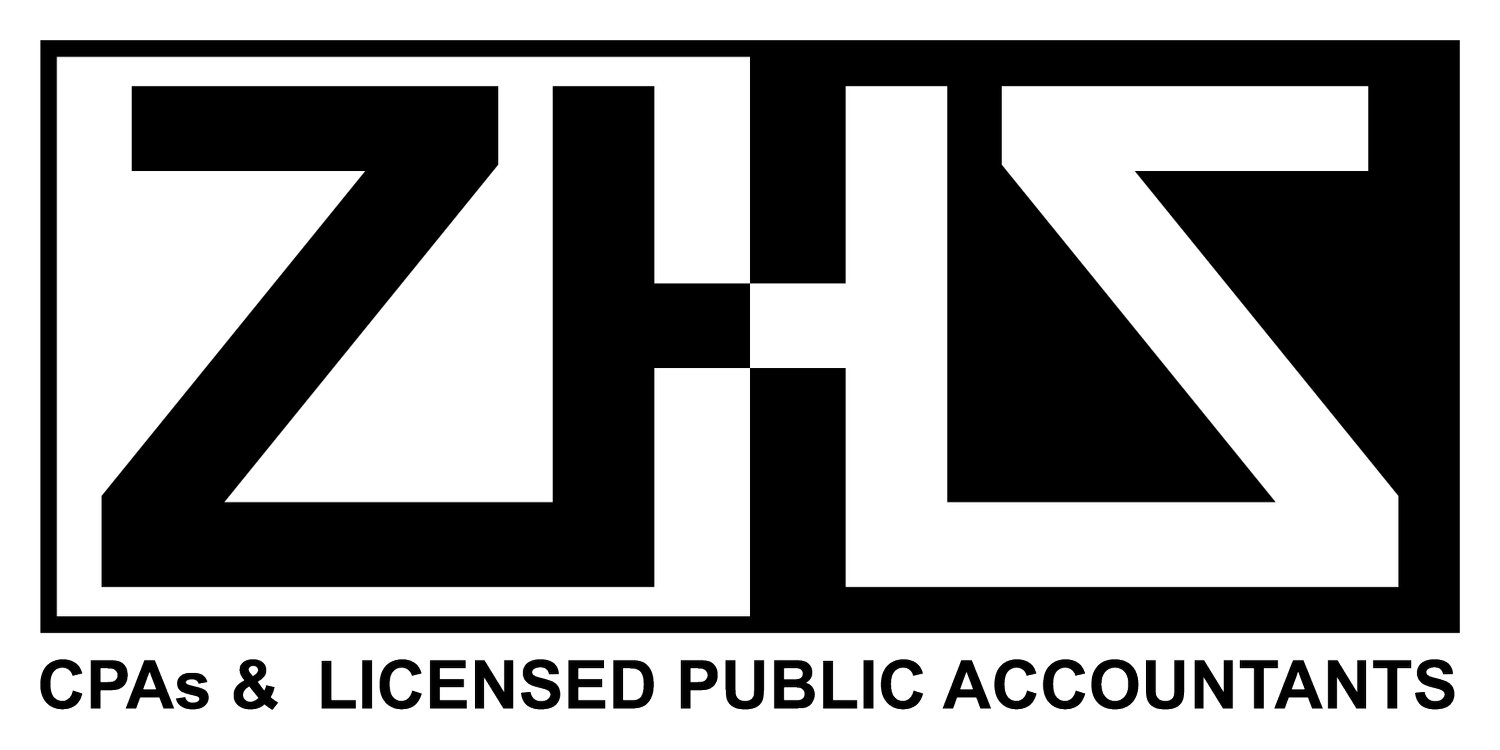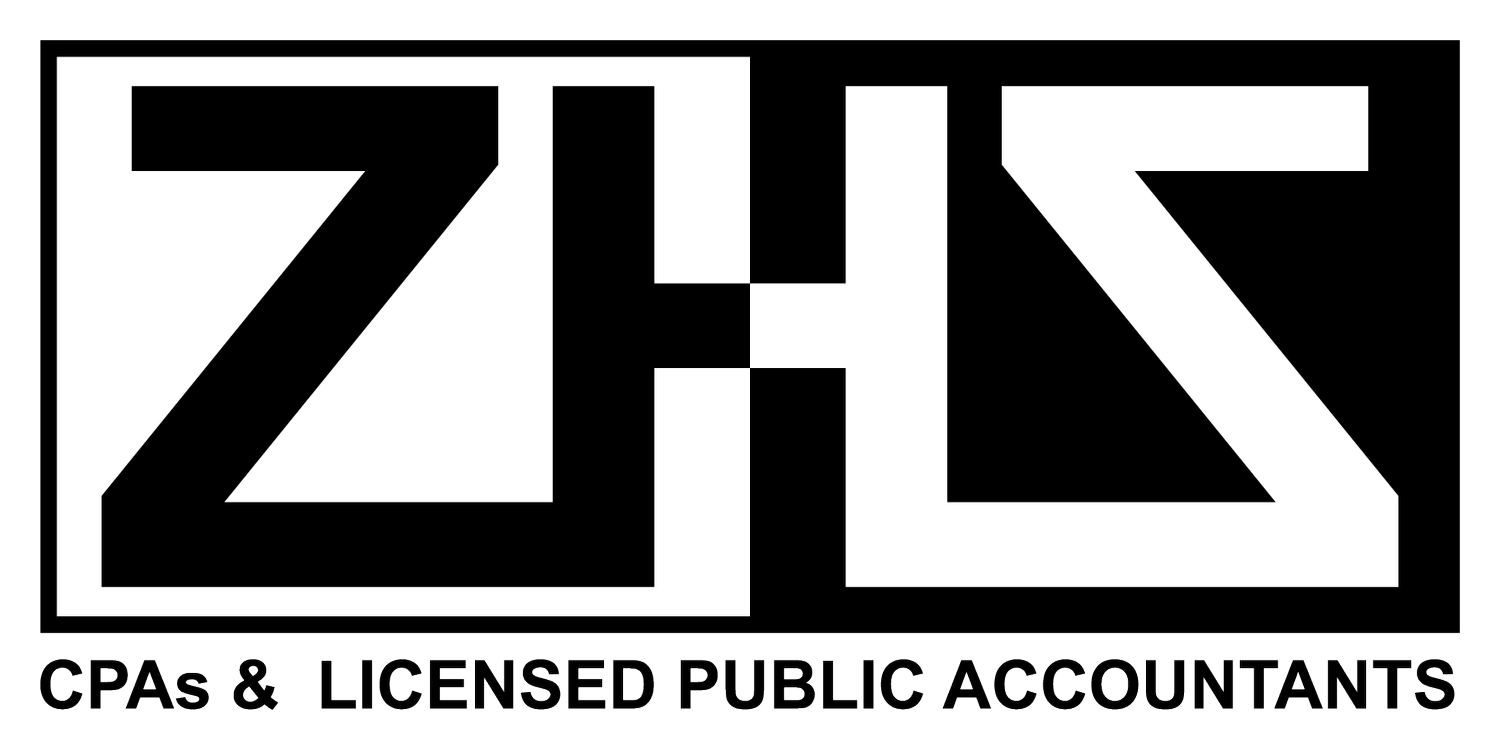The Future of Tax is Cloud Accounting
Transforming the Tax Function with Technology
We have seen the tax function shifting from paper to software. Manual calculations, paper mail, and even excel spreadsheets have become obsolete.
In the past few years, the accounting and tax functions have started moving digital. We saw more online collaboration and the use of drives to store important data.
On the other hand, we have seen dynamic shifts on the legislative and economic fronts as well. The world is shifting to decentralized economic concepts with more political and economic instability in different regions.
Global supply disruptions due to the Covid-19 pandemic and unrest have meant, that businesses require more innovative and proactive approaches.
Technology Trends Shaping the Tax and Accounting Functions
Call it a transformational change, a steady evolution, or a responsive shift, the world is embracing global technologies faster than ever.
Canadian and US tax and accounting functions are no exceptions to that concept either.
Cloud Accounting
A PWC research recently showed that around 74% of business leaders are planning strategically for cloud technologies.
However, a staggering 53% of business leaders still fail to realize the potential of cloud technology for their businesses.
Cloud accounting is important for every aspect of a modern business from data storage to data security and from remote working to deploying responsive marketing tools.
An encouraging trend observed from businesses is the shift of enterprise resource planning (ERP) software to cloud technologies.
Big Data
Cloud computing and AI will ensure the processing of large unstructured data into organized and useful data. No other functions than finance and tax require data processing and analytics.
The finance and tax functions of a business ensure the best use of big data. They're shaping the modern business environment that relies more on data and transforming the way businesses forecast and react to certain situations.
Automation and AI Tools
Automation and AI tools mean more with fewer resources, particularly more in less time. Like other fields of business, AI tools are rapidly changing the accounting function as well.
However, AI tools and automation do not mean the role of accountants or finance professionals is diminishing. It is evolving and transforming to be more productive, agile, and innovative using the right tools.
“Smartphone” Businesses
You wouldn’t be surprised to see a website or a mobile app of a business these days. One step forward, the internet rests within the palm of users worldwide now.
Young internet users now prefer using it on their smartphones. It means the businesses are going mobile, one step ahead of going online.
What it means for accounting and tax functions is that you’ll be seeing a larger workforce utilizing mobile accounting apps in the future.
Leading accounting software and solutions are already providing mobile apps for more convenience.
Remote Working
The current Covid-19 pandemic restrictions have accelerated the remote working trends globally. Accounting and tax functions had already seen outsourcing and remote working trends worldwide.
Cloud accounting, AI, and mobile business tools only mean we’ll see more people working remotely. It will mean improved accuracy, faster data processing, and better online collaboration tools for even better results in the future.
Blockchain Technology
Blockchain provides a decentralized data processing approach. It enables shared data services on a global decentralized and distributed ledger.
Unlike the common notion of blockchain isn’t confined to cryptocurrencies only. It is already creating an impact through smart contracts, data storage, decentralization, and data validation tools.
The use of blockchain for the finance function will mean automation of transactions, more digital currencies, AI-powered auditing, faster data reconciliation, and storage of gigantic data with structured formats.
Cybersecurity Challenges
The Finance function has been a common victim of cyber-attacks for years now. The use of blockchain technology has further increased that security concern for many.
Blockchain technology or otherwise, the increased use of the internet for businesses means more cybersecurity challenges. The nature of the financial global risks has evolved and is directly linked to these challenges as well.
Cloud Accounting and Cost Factors
One of the biggest challenges is the cost factor linked to the adoption of cloud accounting. It is particularly challenging for small and medium businesses.
First, you can seek better pricing plans from cloud-based accounting providers. Commonly, service providers will look for long-term partnerships to offer discounts and even credit facilities.
Then, you can choose consumption-based cloud pricing plans. As your business needs grow, you can expand to higher pricing plans.
Finally, you can look to save some cloud accounting adoption costs through tax credits and incentives. For example, you may qualify for R&D tax credits in both US and Canada. Also, you may get additional tax rebates from state tax authorities.
Operational Efficiency through Cloud
Covid-19 pandemic effects and technological advancements are key factors of transforming modern digitized economies globally.
It means businesses will continue to save costs through remote working and outsourcing. One upward trend will be a shift to cloud accounting as mentioned above.
Therefore, you should aim to achieve better operational efficiency through cloud accounting rather than focusing only on the up-front costs.
If you can successfully transform the business into a more decentralized, digital, and automotive unit, you’ll gain increased operational efficiency and business resilience overall.
The cost of falling behind the competition will be too high to remain competitive if you fail to adapt to the cloud accounting trends now.
Choosing an Effective Tax Operating Function
There are four different ways you can organize the tax and accounting functions of your business. All of these tax systems incorporate cloud accounting and AI tools in one way or the other.
In-House
The in-house tax function is well-suited to large businesses. This decentralized tax function empowers regional and local head offices of a business through newer technologies like cloud accounting.
Key Benefits:
Internal workforce training and experience.
Low-risk approach for security and privacy concerns.
Quick and in-person tax support with easy collaboration across all business functions.
Major Risks:
Requires more time to implement new tax systems and technologies.
Expensive and requires more human resources.
Time-consuming as the system alignment is difficult.
Shared Services
This tax system is also more common with large businesses but with a more centralized approach. It enables them to leverage the benefits of a centralized tax system that fulfills the needs of all centers.
Key Benefits:
Less costly as compared to fully in-house function.
Easy collaboration and implementation of the tax system.
Better implementation of tax procedures and new technologies like cloud accounting with a standardized approach.
Major Risks:
Lack of expertise and skills may hamper business growth.
Centralized tax systems are often disconnected from other business functions.
Co-Sourced
Centralized tax functions can outsource a few selective operations to specialists. This approach combines an external knowledge base and management control over the tax function.
Key Benefits:
Business leadership can focus on other functions.
No investment requirement for expensive technologies.
Allows a learning curve for internal staff as well.
Major Risks:
Integration with third-party employees can be difficult.
Difficult to maintain control over a hybrid tax function.
Fully Outsourced
This approach requires outsourcing all or major tax functions. It is well-suited for small and medium businesses globally.
Key Benefits:
No investment required for new technology implementation.
Businesses can leverage the benefits of the latest technologies like cloud accounting.
Access to developed technologies and expertise through specialized outsourcing.
Business leadership controls the tax function and focuses on other business segments.
Major Risks:
Time-consuming to implement the outsourcing culture.
Lack of coordination and communication can be challenging.
Third-party service providers are less concerned about business growth.

